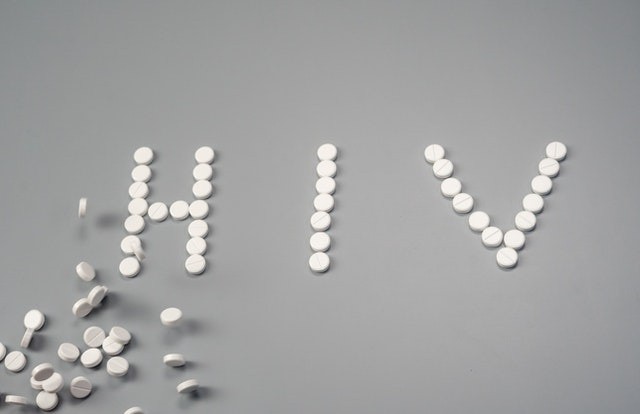Human Immunodeficiency Virus or HIV has long been known as a virus that's attacking the immune system of a person's body and, according to the Centers for Disease Control and Prevention, there's "no effective cure" to the disease.
The CDC also said that if HIV is not treated, it can lead to acquired immunodeficiency syndrome or AIDS. However, recent reports said "in just half a lifetime," modern science has transformed HIV which is considered one of the most terrifying diseases in human history, into a "treatable and preventable condition."
As indicated in an ABC News report, such an innovation is a medical marvel that Ruan Uys, an HIV-positive is reminded of each day.
Commenting on his illness, he said, "I wouldn't be here popping just one pill" each day if it was not for the people who turned HIV-positive in the 1980s.

Feeling a Lot of 'Internalized Shame'
Uys also said these people put their bodies on the line adding, "they trialed new drugs." More so, he continued, blood, sweat, and tears were put into him, "being able to be here today."
Born in 1981, the very same year HIV started to spread fast, Uys was diagnosed with the virus in 2014. Even though options for treatment were well advanced already at that time, the moment he discovered his status hit him hard.
He recalled the memories of "those ads" and those dying because they imprinted on his mind. He did not know about treatments when he was diagnosed.
Uys, an HIV activist, who's a program coordinator with Bobby Goldsmith Foundation, and the HIVsters founder said, he felt a lot of "internalized shame."
He added he also had a lot of stigmas that he was carrying within himself. He added, he was uneducated and was just trying to stay away from everyone since if he hung out with friends, he explained, he would invariably come out, or say something that he would eventually have to deal with.
HIV Treatment
A recent MSN News report said the present HIV treatment in South Africa is "pretty incredible." As long as a patient swallows his three-in-one ARV or antiretroviral tablet every day at more or less, the same time, and begins the treatment relatively after the infection, he is almost surely going to be okay.
The combination of antiretroviral drugs available in the country is tremendously safe, simple to take, and are well-tolerated with very few individuals who experience persistent side effects.
Certain combinations though, cannot be used, a report from The Straits Times specified, if the are other co-infections like hepatitis B. An individual with a kidney condition may not be able to tolerate some agents which can make the kidney function worse.
Prevention
According to the National Institutes of Health, anyone can get HIV. However, there are many steps one can take to stay protected from the disease. Five of these preventive measures include:
1. Getting Tested for HIV
It is essential for partners to talk about HIV testing and go through it before engaging in sexual activity.
2. Opt for Sexual Behaviors with Fewer Risks
HIV is primarily spread by engaging in anal or vaginal sex without using a condom or minus taking medicines for HIV prevention or treatment.
3. Set a Boundary in Terms of Number of Sexual Partners
The more partners one has, the more likely he is to have a partner with poorly controlled HIV or sexually transmitted disease (STD). Both factors can contribute to a higher risk of HIV.
4. Consult with a Doctor
Discuss with your trusted health care provider about PrEP or pre-exposure prophylaxis, an HIV prevention option for individuals who do not have HIV but are at risk of getting the virus.
It involves taking a particular HIV drug every day to reduce the risk of getting the disease through sexual intercourse or an injection drug.
5. Avoid Injection drugs
If you cannot do so, be sure to use only sterile drug injection equipment and water. More importantly, never share the equipment with others.
Related information about HIV treatment is shown on WION's YouTube video below:
Read also: Mother-to-Infant HIV Transmission: Researchers Find Hints to Eliminate the Virus in Babies
Check out for more news and information on HIV in Science Times.
© 2026 ScienceTimes.com All rights reserved. Do not reproduce without permission. The window to the world of Science Times.











